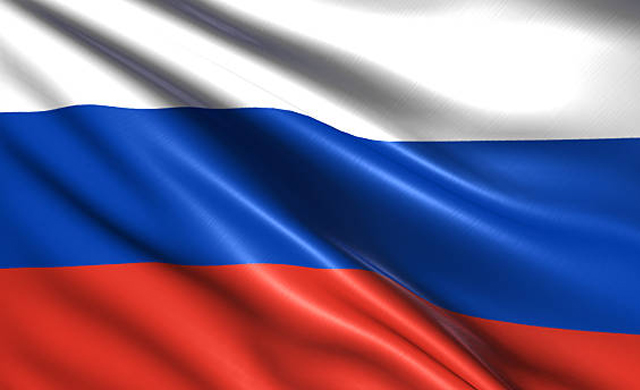It has been an intense week, especially in geopolitical terms. For starters, the Ukrainian president admitted that the Ukrainian counteroffensive is “slower than expected.”

Asked how the conflict could end, Zelenski stated that Kyiv would not sit down at the negotiating table as long as Russian troops remained on the territory. However, according to German broadcaster ARD, formal talks to settle the military conflict could take place in July.
But it was not the situation in Ukraine, nor the economic calendar that the whole world was watching, but Russia.
On the night of June 23, Yevgeny Prigozhin, head of the Russian paramilitary group Wagner, lashed out at the Kremlin and declared his determination to overthrow the Russian military command. It is no wonder that the XAUUSD is once again trading above 1940 $.
For its part, the FSB opened a case against the head of the mercenary group for calling for an armed mutiny and indicated that it would take the necessary measures. On the evening of June 24, Belarusian President Alexander Lukashenko, Minsk, announced the agreement.
It is worth mentioning that last week the leaders of the European Union agreed on the eleventh package of sanctions against Russia that includes measures aimed at counteracting the circumvention of already imposed restrictions.
Overall, the sanctions would affect 70 individuals, 30 legal entities, and the northern branch of the Druzhba pipeline, and the entry of trailers from Russia will also be banned. The new restrictions could also include more than 90 companies that had violated the restrictions.
Geopolitics has not escaped Asia either. U.S. President Joe Biden on Tuesday referred to his Chinese counterpart, Xi Jinping, as a “dictator” during an event in Kentfield (California) to raise funds for his re-election campaign.
The irony is that the U.S. president’s remarks came a day after U.S. Secretary of State Anthony Blinken said in Beijing that “a page must be turned” in bilateral relations. Xi Jinping said “progress” had been made in relations.
Finally, U.S. President Joe Biden hosted Indian Prime Minister Narendra Modi at the White House on Thursday, amid tensions with China over the Indo-Pacific region and in an attempt to draw the country into his sphere of influence vis-à-vis Moscow.
It is clear that the United States wants to give “space velocity” to the development of cooperation with India, especially in the field of semiconductors. Washington also supports the inclusion of New Delhi in the minerals commitment.

 Hot Features
Hot Features













